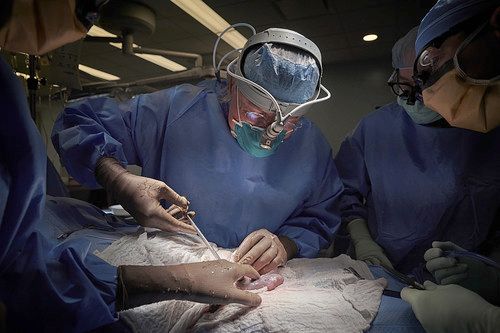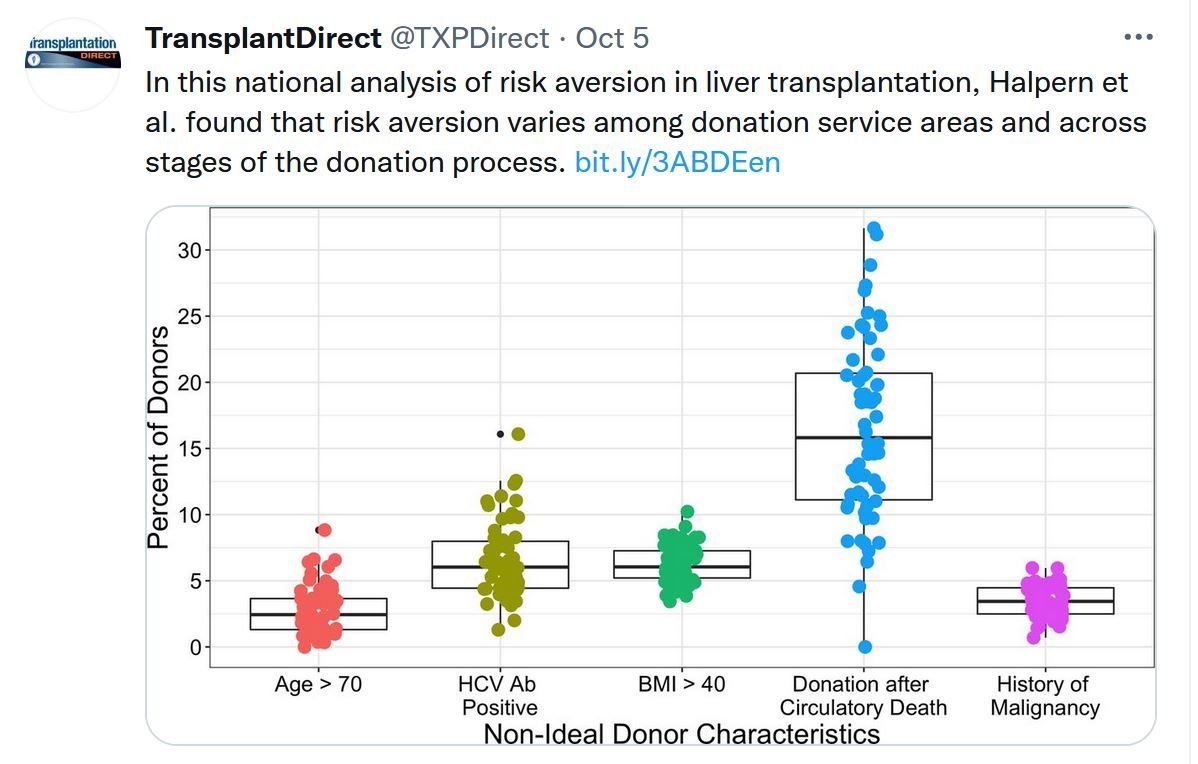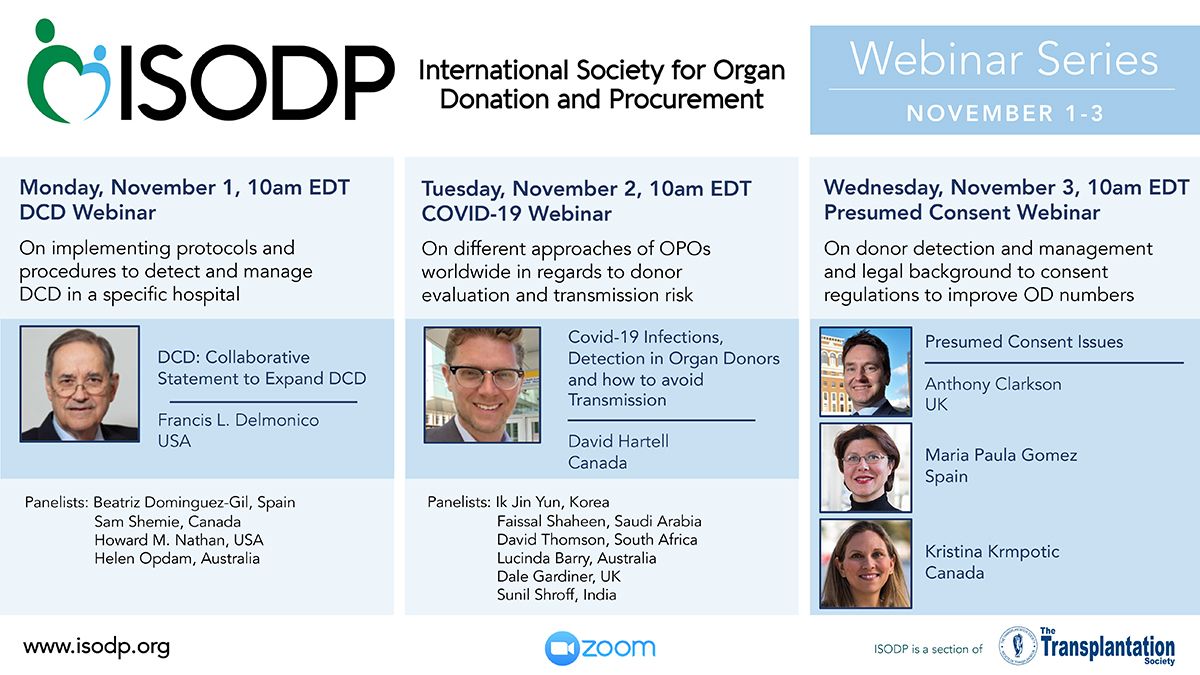
Progress in Xenotransplantation Opens Door to New Supply of Critically Needed Organs

Dr. Robert Montgomery, the H. Leon Pachter, MD, Professor and chair of the Department of Surgery at NYU Langone and director of its Transplant Institute, performs the first xenotransplantation of a genetically engineered nonhuman kidney to a human at NYU Langone Health. (Photo by Joe Carrotta for NYU Langone Health)
Known as xenotransplantation, the surgery was performed on Saturday, September 25, 2021, at NYU Langone’s campus in Manhattan. Robert Montgomery, MD, DPhil, the Leon H. Pachter, MD, Professor and chair of the Department of Surgery at NYU Langone and director of its Transplant Institute, led a surgical team during the two-hour operation. The kidney was obtained from a genetically engineered pig hundreds of miles away and transplanted into a deceased donor who was maintained on a ventilator, with the consent of the family, for 54 hours while the function and acceptance of the new kidney was studied.
The gene that encodes the glycan known as alpha-gal—which is responsible for a rapid antibody-mediated rejection of porcine organs by humans—was “knocked out” in the donor pig. Additionally, the pig’s thymus gland, which is responsible for “educating” the immune system, was transplanted with the kidney to stave off novel immune responses to the pig kidney.
The surgery was part of a larger study approved by a specially designated research ethics oversight board at NYU Langone, and was performed after consulting the New York State Department of Health. It is the latest step in a research protocol that calls for additional and similar procedures to be performed. Whole body donation after death for the purpose of breakthrough studies represents a new pathway that allows an individual’s altruism to be realized after brain death declaration in circumstances in which their organs or tissues are not suitable for transplantation.
The kidney was attached to the blood vessels in the upper leg, outside the abdomen, and covered with a protective shield for observation and kidney tissue sampling over the 54-hour period of study. Urine production and creatinine levels—key indicators of a properly functioning kidney—were normal and equivalent to what is seen from a human kidney transplant. Throughout the procedure and subsequent observation period, no signs of rejection were detected. The results of the study will be presented for peer review and subsequent publication.
NYU Langone Health
Oct 21, 2021, 11:00 ET
The First Transplantation Symposium in Kiev, Ukraine

The First Transplantation Symposium in Kiev, Ukraine - Takes Place with Resounding Success

Contact
Address
The Transplantation Society
International Headquarters
740 Notre-Dame Ouest
Suite 1245
Montréal, QC, H3C 3X6
Canada
Используйте Вавада казино для игры с бонусом — активируйте промокод и начните выигрывать уже сегодня!


















